News
Latest from the Coalition
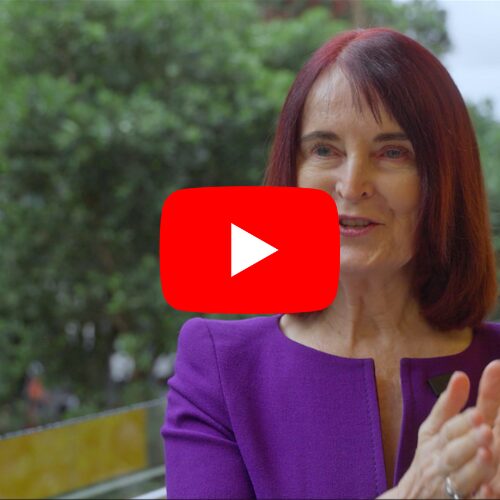
Climate Leadership Insights: The B Team Australasia
Lynette Mayne, Executive Chair of The B Team Australasia, recently visited Aotearoa New Zealand for the launch of the Climate Leaders Coalition’s new Statement of Ambition and refreshed strategy. In this Q&A, Lynette shares insights into the work of The B Team...
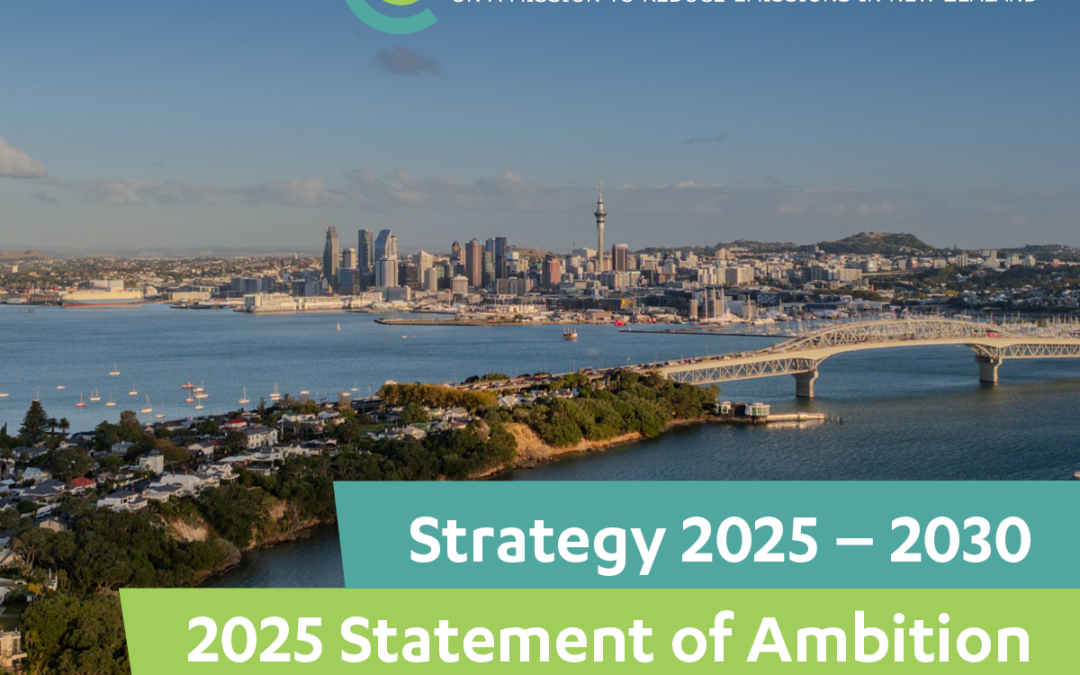
Climate Leaders Coalition launches next chapter
The Climate Leaders Coalition (CLC) is this morning unveiling a new Statement of Ambition and refreshed Strategy, marking the next step in business-led climate action in New Zealand – just as COP30 concludes in Belém.

SBC Hot Seat with Shannil Varma (CLC Manager)
This week, we've got Shannil Varma, Manager of the Climate Leaders Coalition (CLC), in the hot seat. Shannil's role sits within the Climate and Nature team at SBC (which is the secretariat organisation for CLC), and he oversees all the day-to-day operations and...
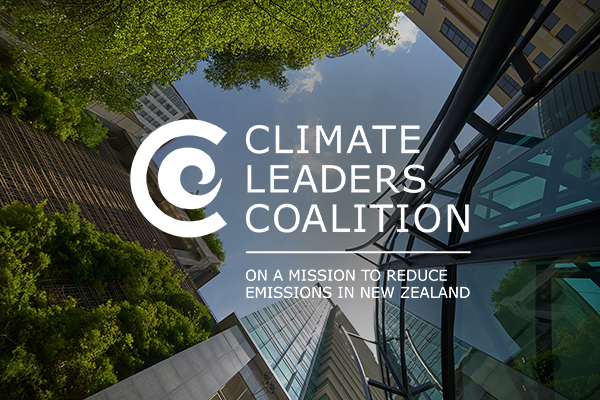
Climate Leaders Coalition re-commits to ambitious climate action with new convenor
The Climate Leaders Coalition welcomes Genesis CEO Malcolm Johns as the Coalition’s new convenor, succeeding Spark CEO Jolie Hodson MNZM. Since 2018, the CEO-led Coalition, made up of 87 signatories and accounting for around 30 percent of New Zealand’s GDP, has helped...
Search all news
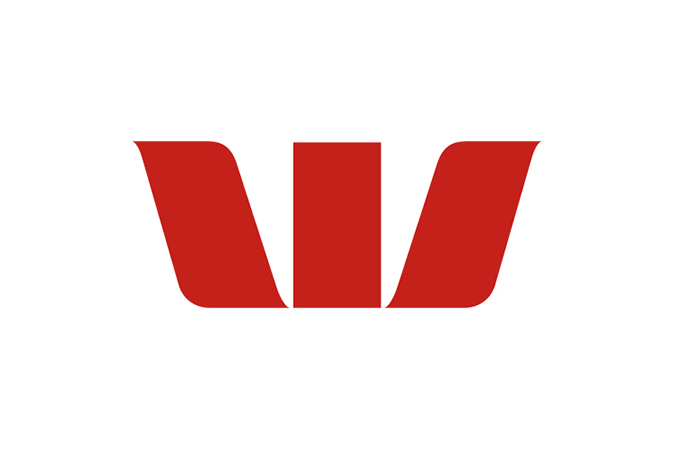
Pāmu and Westpac NZ agree market-leading Sustainability-Linked Loan.
Westpac NZ and Pāmu have signed New Zealand’s most comprehensive Sustainability-Linked Loan to date, also the largest in the agricultural sector, and the first involving a state-owned enterprise.
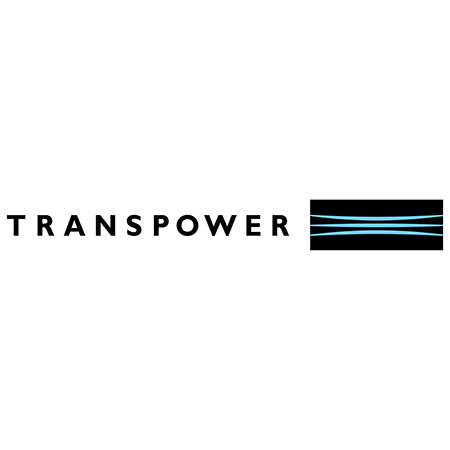
Aotearoa on track for a low carbon future – for now
Transpower has published its six monthly monitoring report on the transformation of Aotearoa New Zealand’s energy system towards assisting the net zero carbon transition. It shows that while good progress is being made, this must be built upon.

Z Energy teams up with Neste on high-quality biofuels
Z Energy is partnering with Finnish refiner Neste to bring drop-in biofuels to the New Zealand market.
The renewable fuels are high-quality and unlike conventional biofuels they are considered “drop-in” fuels as they are suitable to be used in existing diesel vehicle or aircraft fleet, the company says.

Coalition’s third snapshot report reveals $9.5 billion business investment in climate action
Signatories to the Climate Leaders Coalition have committed to invest $9.5 billion over the next five years to reduce emissions from their businesses, as revealed in their third anniversary snapshot report released today.

KPMG – NZ ranks highly in benchmark net zero readiness index
New Zealand is ranked ninth globally in KPMG’s first ever Net Zero Readiness Index (NZRI) released today in the lead-up to COP26. The benchmark report compares the progress of 32 countries in reducing greenhouse gas emissions and assesses their preparedness and ability to achieve net zero by 2050. Norway took the overall top ranking, with the UK and Sweden in second and third place.
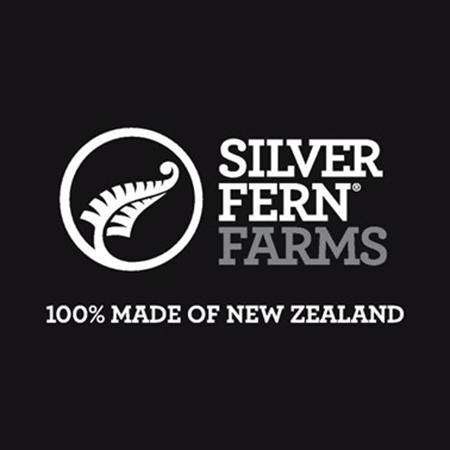
Silver Fern Farms – Enhanced investment and cross-party commitment can make Emissions Reduction Plan work for agribusiness
Silver Fern Farms, New Zealand’s largest red meat company, welcomes the release of the discussion document on the shape of the Emissions Reduction Plan and looks forward to working with officials and Ministers to ensure the final plan supports the ambition and priorities of our farmers, customers and communities.

Genesis: ambitious energy targets are key to decarbonising New Zealand
Genesis is pleased to see that the ERP discussion document recognises a national energy strategy is an important foundation for decarbonising New Zealand and that electricity has a key role to play as part of that. We would like to see Government move quickly to define a long-term national energy strategy with a strong commitment to a more renewable energy system supported by clear policies developed in collaboration with business. We believe a focus on carbon intensive areas such as process heat and transport should be a priority, recognising the opportunity for electricity to support a lower carbon Aotearoa.
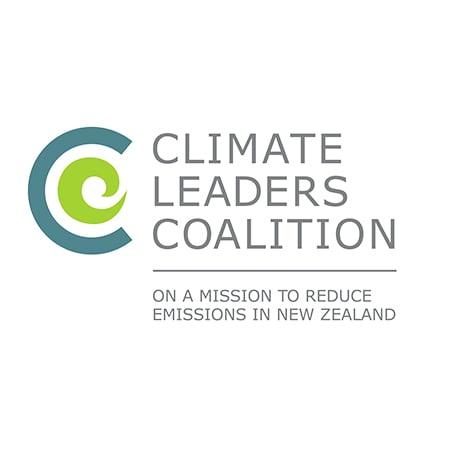
CLC and SBC joint PR – Business calls for greater ambition and engagement in response to Emissions Reduction Plan
The Sustainable Business Council (SBC) and the Climate Leaders Coalition (CLC) welcome the release of the Government’s Emissions Reduction Plan (ERP) discussion document and call for greater engagement with the business community to close the emissions gap identified.

MOVe Logistics – Coastal shipping and green hydrogen trucks for the future of freight in NZ
Coastal shipping and green hydrogen-powered trucking are part of the future for freight in New Zealand believes Chris Dunphy, the new director of Move Logistics — formerly known as TIL Logistics — one of the country’s largest freight and warehousing businesses.
Dunphy believes hydrogen will eventually replace diesel, and he’s also looking to open up shipping and expand across the Tasman. Dunphy’s interest in greener alternatives has been propelled in part by his previous job: shipping and transportation in the Australian coal mining industry.
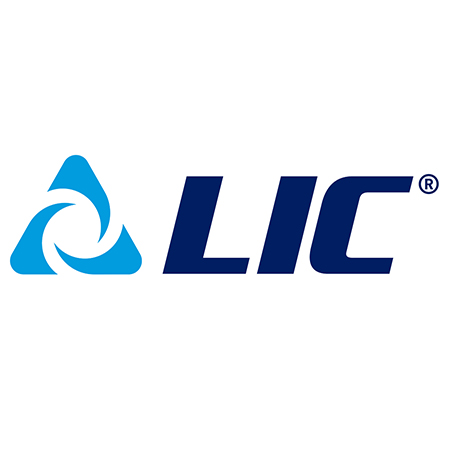
LIC – Report highlights environmental improvements from genetic gains
A new report says 30 years of breeding by dairy farmers using LIC genetics has netted a 13% fall in methane emissions and 16% less urinary nitrogen per kilogram of milksolid produced.
This genetic improvement from LIC’s premier sire bulls produced this on-farm reduction between 1990-2020, the co-operative’s inaugural Sustainability Report said.
LIC chief executive Wayne McNee says this herd improvement has been the primary way LIC has helped farmers lower their environmental footprint.

NZGBC and Warren and Mahoney – building greener homes
Stuff feature on building lower carbon homes featuring CLC signatories NZ Green Building Council and Warren and Mahoney.

Turning beverage cartons into wallboards
New Zealand company saveBOARD has received a A$1.74 million grant from the Australian and New South Wales Governments towards setting up a A$5 million facility that will turn packaging waste into high-performance building material.
